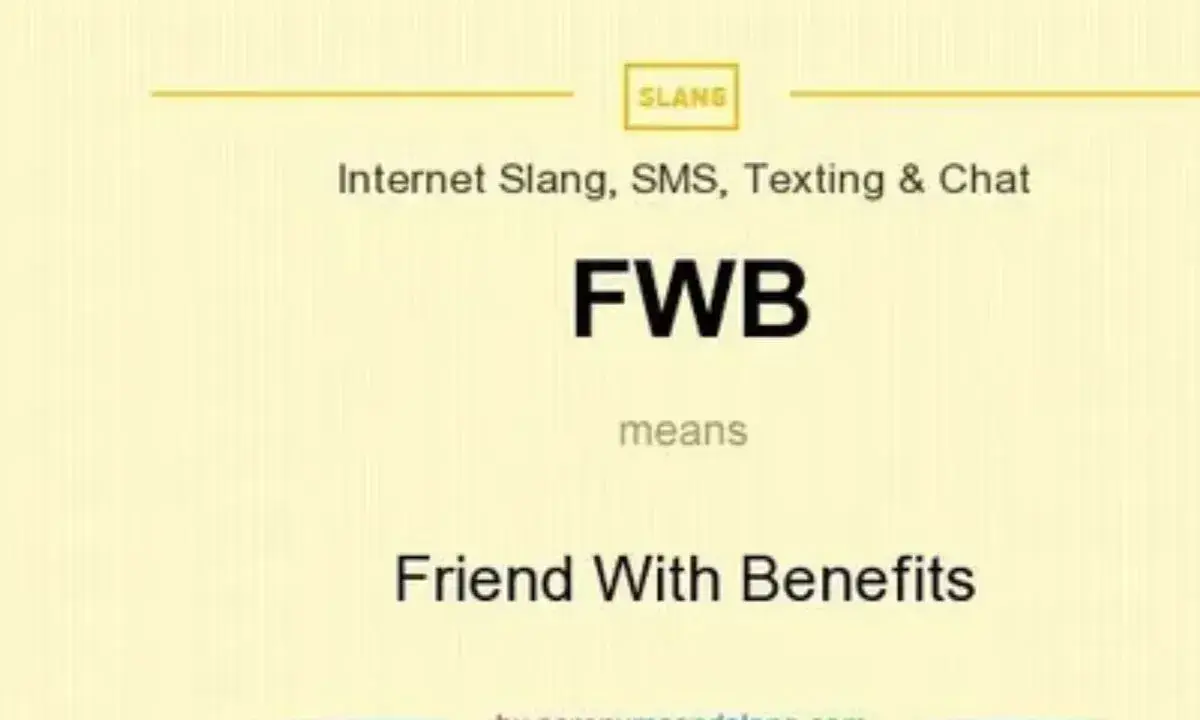Language keeps evolving, and digital communication accelerates that change. One moment you’re comfortable with “LOL” and “BRB,” and the next, new acronyms start popping up in your group chats. One of those terms is YFM, short for “You Feel Me?”.
This phrase might look simple, but its roots, usage, and cultural significance run deeper than many people realize. In this comprehensive guide, we’ll explore what YFM means in text, its background in African American Vernacular English (AAVE), how people use it across platforms, and when it may or may not be appropriate to use.
Let’s dive in.
Definition & Meaning of YFM
At its core, YFM stands for “You Feel Me?”
It’s not asking about literal physical feeling. Instead, it’s shorthand for:
- “Do you understand me?”
- “Can you relate to what I’m saying?”
- “Are we on the same page?”
The term acts as a confirmation check or connection phrase, inviting agreement, empathy, or shared understanding.
Example in Text
- “That movie was crazy good, YFM?”
- “I can’t stand when people ghost, YFM.”
In both cases, it signals that the speaker wants validation or a sign of mutual understanding.
Background & History
YFM has linguistic roots in AAVE (African American Vernacular English). The phrase “You feel me?” became widely used in urban communities long before text acronyms simplified it.
Key historical influences
- Hip-hop culture: Many rappers popularized “You feel me?” in lyrics and interviews. Artists like Too Short, E-40, and Snoop Dogg often used the phrase in the 1990s and 2000s.
- Urban speech patterns: The phrase functioned as both a conversational filler and a way to seek affirmation.
- Text messaging era: With SMS character limits, longer phrases shrank into acronyms like YFM, much like OMG or BRB.
Today, YFM bridges street slang, pop culture, and online chats, making it recognizable across different age groups and communities.
Usage in Various Contexts
YFM appears in more places than just texting. Its versatility makes it popular in several contexts.
Everyday Conversations
Used casually among friends to check if the listener is following along.
“I’ve been grinding all week, trying to get that promotion, YFM?”
Pop Culture
- Music lyrics often include the full phrase “You feel me?” as a rhythmic expression.
- Social media influencers use it to connect with followers.
Gaming Communities
Gamers drop YFM in chat to confirm teamwork or shared frustration.
- “We can’t let them take mid again, YFM?”
Dating Apps
People sometimes use it to signal emotional depth or to gauge alignment.
- “I’m looking for someone real, no games, YFM?”
Common Misconceptions & Clarifications
Like many slang terms, YFM gets misinterpreted.
Misconceptions
- Literal meaning – Some assume it’s about physical touch. It’s not.
- Confused with “Your Favorite Music” – Context matters. On streaming platforms, YFM sometimes doubles as an abbreviation for playlists.
- Seen as aggressive – Depending on tone, “You feel me?” can sound confrontational, but in most cases it’s casual.
Clarifications
- It’s a connection tool, not a threat.
- The setting determines tone—said softly, it’s empathetic; said sharply, it may sound challenging.
Similar Terms & Alternatives
YFM isn’t the only phrase people use to check understanding.
| Term | Meaning | Tone | Example |
|---|---|---|---|
| You get me? | Do you understand? | Neutral | “I was late ‘cause of traffic, you get me?” |
| You with me? | Are you following? | Friendly | “We’re meeting at 6, you with me?” |
| Understand? | Direct confirmation | Formal/neutral | “This is the deadline, understand?” |
| Relate? | Do you identify with this? | Casual | “Hate those long commutes, relate?” |
How to Respond to YFM
When someone ends a sentence with YFM, they’re inviting you to affirm or connect.
Casual Responses
- “Yeah, I feel you.”
- “For sure.”
- “Facts.”
Playful Responses
- “Always.”
- “You already know.”
Professional or Neutral Responses
If YFM pops up in a semi-professional chat (like a work Slack):
- “Yes, I understand.”
- “Got it.”
Regional or Cultural Differences
Slang terms often carry regional weight.
- United States: Most common in urban communities, spreading nationwide through music.
- United Kingdom: Less common but understood, sometimes replaced with “innit?”
- Global English: In non-English-speaking countries, YFM may confuse readers unfamiliar with AAVE or hip-hop slang.
Cultural context matters—what feels friendly in one community might feel odd or misplaced in another.
Comparison with Similar Terms
Here’s a closer look at how YFM stacks against related slang:
| Term | Similarity | Difference |
|---|---|---|
| YFM (“You Feel Me?”) | Checks understanding, builds rapport | Rooted in AAVE and hip-hop culture |
| FR (“For Real”) | Expresses agreement | Less about checking if others relate |
| Bet | Signals agreement/approval | Doesn’t invite response |
| IYKYK (“If You Know, You Know”) | Insider understanding | Excludes outsiders, while YFM invites connection |
Usage in Online Communities & Dating Apps

YFM thrives online because it’s short, expressive, and easy to type.
Social Media
- Twitter/X: Used in rants or hot takes.
- Instagram: Often appears in captions under relatable posts.
- TikTok: Creators use it to strengthen audience connection.
Gaming
- Serves as a quick team sync tool.
- Example: “Stick together on this round, YFM?”
Dating Apps
YFM adds emotional nuance:
- Signals authenticity: “Looking for something real, YFM?”
- Gauges compatibility: “I’m all about family, YFM?”
Hidden or Offensive Meanings
While usually harmless, YFM can carry unintended meanings.
- Confrontational tone: In heated discussions, “You feel me?” may sound like a challenge.
- Cultural appropriation risk: Non-AAVE speakers using it excessively may face criticism for borrowing slang without context.
- Alternate abbreviations: In rare contexts, YFM has been used for unrelated phrases, but these lack widespread recognition.
Tip: Tone and audience determine whether YFM feels friendly or confrontational.
Suitability for Professional Communication
Is YFM fit for the workplace? Usually not.
Why It’s Risky
- It’s informal slang tied to cultural speech patterns.
- Risk of misunderstanding in international teams.
- May come across as unprofessional in emails or LinkedIn posts.
When It May Work
- Creative industries (music, fashion, marketing) where slang is part of the culture.
- Internal chats with colleagues who use it naturally.
Safer alternatives for work:
- “Do you understand?”
- “Are we aligned?”
- “Does that make sense?”
FAQs
What does YFM mean in text?
It means “You Feel Me?”—a way of asking if someone understands or relates.
Is YFM slang or formal?
It’s slang, rooted in AAVE and popularized by hip-hop culture.
Can YFM be offensive?
Not inherently, but tone and context matter. Used aggressively, it may sound confrontational.
What’s the difference between YFM and FR?
YFM asks for connection; FR confirms truth.
Should I use YFM in professional settings?
Not in formal communications. Stick to neutral alternatives like “Does that make sense?”
Conclusion
The acronym YFM—short for “You Feel Me?”—is more than just a piece of texting slang. It’s a cultural connector, born from AAVE, spread through hip-hop, and cemented in digital spaces from social media to dating apps.
Used casually, it invites connection, validation, and shared understanding. Misused, it risks sounding confrontational or unprofessional.
Language keeps shifting, and slang like YFM shows how communities create shortcuts to connect faster and deeper. Whether you drop it in a group chat, see it in a caption, or hear it in a song, now you’ll know exactly what it means—and when to use it wisely.

Ember Clark is an expert blogger passionate about cartoons, sharing captivating insights, trends, and stories that bring animation to life for fans worldwide.

